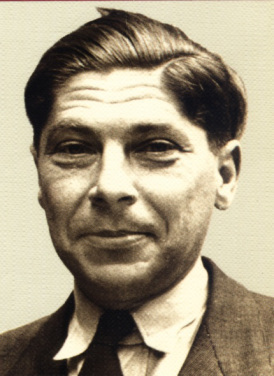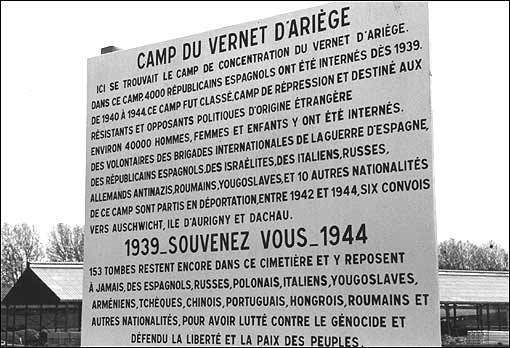Scum of the Earth by Arthur Koestler: a review
By describing his own experiences of internment and harassment during 1939 and 1940, Koestler reveals the circumstances that led to the collapse of France in the face of Nazi invasion. He describes the reluctance, of French army conscripts, asked to fight and perhaps die in yet another war against the Germans. He asks how it is that he and others, committed anti-Nazis, are persecuted by the French authorities, instead of being welcomed as allies in the struggle against the Germans. Koestler points to the moral and political bankruptcy of the upper echelons of French society at the time, and the near-Fascist opinions of so many of its functionaries, which eventually led to the dismaying horrors of the Vichy regime. Amongst other things, this state of mind, even before the German invasion, involved extreme paranoia about foreigners, especially those, such as the Hungarian, Jewish ex-communist Koestler, with a history of left wing activism, so that they were rounded up, interned, imprisoned, hounded, tormented and finally, handed over to the Gestapo.
Koestler’s particular story involved internment at Le Vernet camp, near the Pyrenees, designed for those, like him, considered particularly dangerous or unruly. A punishing regime, involving forced labour, sometimes brutal guards, inadequate food, shelter and medical care, resulted in great suffering and many deaths, although Koestler was protected from the very worst of this by virtue of his contacts outside the camp. They sent him food and, ultimately, were able to lobby successfully for his release. After that there were uneasy weeks in Paris, always risking re-arrest and another internment, waiting for the Germans to come, negotiating unsuccessfully with the Kafkaesque French bureaucracy to depart for Britain, where he hoped to join the British armed forces in struggling against Fascism. When the invaders reached Paris, he fled south, just in front of the Germans, and eventually made an adventurous escape from the country, with the new identity of a French foreign legionnaire.
During much of this time, incredibly, he was writing his book Darkness at Noon, which many consider to be his masterpiece. How he managed to focus on this work in the midst of the eventful life he was leading is beyond me, but write it he did, and when he eventually got to Britain, he immediately dashed off this work, Scum of the Earth, which was first published in 1941, earning him enough to live on for the initial period of adjustment to life in England.
The book provides more than just insights into the mentality of the French ruling class, or the attitudes of conscripts. In fact, the majority of such insights concern the mental and emotional effects of persecution and imprisonment, in many cases on men who have experienced this in one country or another for years on end, so that they have become, and all too often think of themselves, as the ‘scum of the earth.’ Koestler is an expert on the psychology of the persecuted, both by virtue of his own experiences, and his acute capacity to observe the people with whom he shares his fate. He notes the corrupt hierarchies that emerge within the inmate population, the continuation of ideological squabbles between communists and other elements of the left, the fate of idealism when faced with the gnawing demands of hunger and the struggle for safety and survival.
The book is dedicated to a number of exiled writers, including Walter Benjamin, who took their own lives as France fell. Throughout, Koestler reminds readers of the people who, unlike him, failed to get away, many of whom will have ended up in the German concentration camp system by the time the book was published. A preface, though, written in 1968 in the edition that I read, records his continuing friendship with one ex-internee, who like him, escaped.
I found this book taught me a great deal about aspects of world war two that I had only sketchily known about before. I found it instructive to compare Koestler’s camp experiences with the situation of people in migrant and refugee camps today, thinking about both points of difference and of similarity. I can recommend it to anyone interested in the period.

Arthur Koestler 1905-1983

Camp du Vernet memorial notice
The post Scum of the Earth by Arthur Koestler: a review appeared first on Interrogating Ellie.



